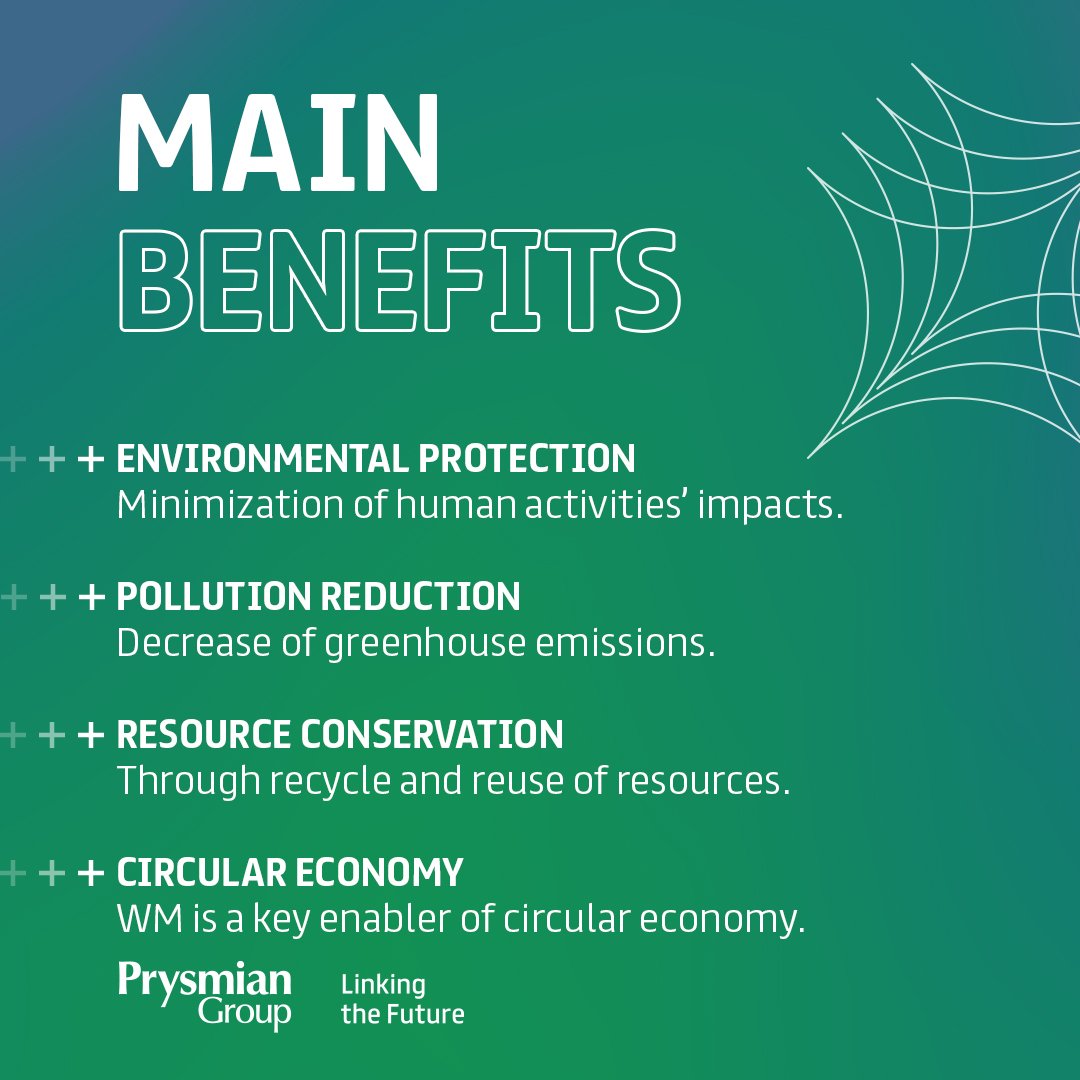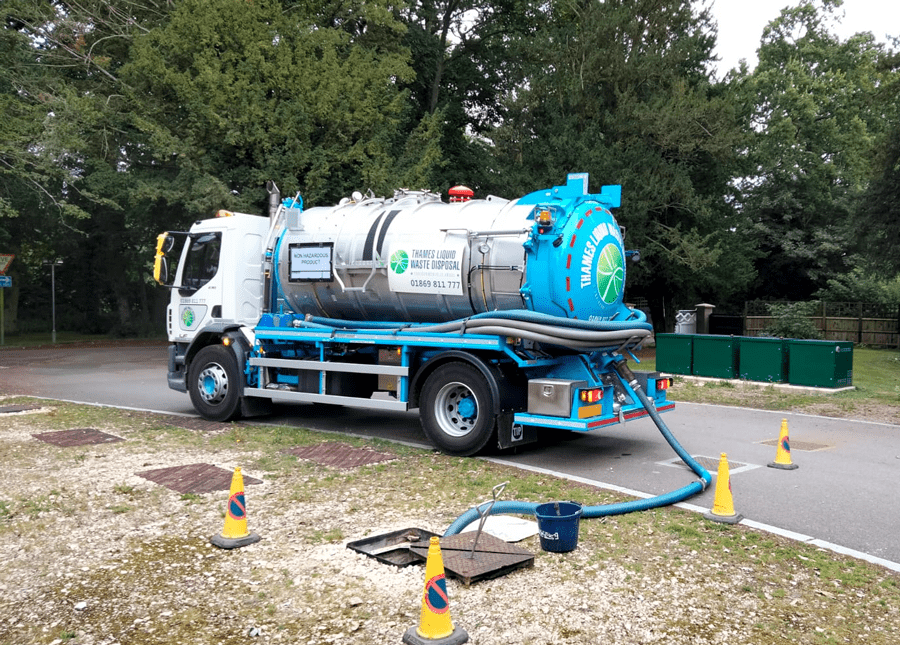All About Reclaim Waste
All About Reclaim Waste
Blog Article
The Ultimate Guide To Reclaim Waste
Table of ContentsA Biased View of Reclaim WasteLittle Known Facts About Reclaim Waste.A Biased View of Reclaim Waste6 Simple Techniques For Reclaim Waste5 Simple Techniques For Reclaim Waste
Check out the types, events, and forms of fluid waste. Domestic sewage waste describes the waste and items from a residential septic system. This type of waste is developed by humans in residences, schools, and various other buildings. This only includes septic systems that have a drain field. The correct administration and disposal of residential sewage waste need fluid waste to be transferred to a sewage therapy plant where the proper techniques and tools are put on cleanse and get rid of waste.
Business waste usually includes prospective dangers, such as combustible products or a mix of fluid and strong waste items, and calls for an advanced and in-depth disposal procedure. The disposal of business waste commonly entails the filtration of waste before transportation to make certain safe and appropriate disposal. Industrial waste is produced from by-products and overflow of industrial processes and production.
This type of waste can not utilize the exact same sewage administration transportation or processes as septic or business liquids. The industrial waste administration procedure requires the inspection and testing of fluid waste prior to it undertakes the disposal procedure (liquid waste removal). Overflow waste is the liquid waste that comes from runoff and excess stormwater in extremely inhabited areas or cities
Runoff waste can cause contamination and flooding otherwise handled properly. Find out extra concerning drain cleaning and waste management. Ensuring correct waste monitoring can stop catastrophes and reduce ecological damage. Both individuals in residential setups and experts in industrial or manufacturing markets can take advantage of recognizing the procedures and regulations of fluid waste administration.
The Of Reclaim Waste
Get in touch with PROS Providers today to find out about our waste management and disposal services and the appropriate means to care for the liquid waste you create.
(http://peterjackson.mee.nu/where_i_work#c2441)Do you know what occurs to your water when you end, purge the toilet or drain the cleaning maker? No? Well, it deserves understanding. This supposed 'wastewater' is not only a crucial resource however, after therapy, will be launched to our land, rivers or the ocean. Made use of water from toilets, showers, baths, cooking area sinks, laundries and commercial processes is referred to as wastewater.

water used to cool machinery or tidy plant and tools). Stormwater, a form of wastewater, is overflow that moves from farming and urban locations such as roofings, parks, yards, roadways, courses and gutters into stormwater drains pipes, after rainfall. Stormwater moves untreated directly to regional creeks or rivers, ultimately getting to the sea.
10 Simple Techniques For Reclaim Waste
In Queensland, most wastewater is treated at sewage treatment plants. Wastewater is moved from residential or commercial websites via a system of sewage systems and pump stations, recognized as sewage reticulation, to a sewer therapy plant. City governments build, maintain and run most sewer treatment plants. Operators are licensed under the Environmental Protection Act 1994 to release cured wastewater at an acceptable environmental standard right into waterways.
The click here for more Division of Natural Resources suggests city governments about handling, operating and preserving sewerage systems and therapy plants. In unsewered areas, local governments may need householders to install specific or family sewage therapy systems to treat residential wastewater from bathrooms, kitchens, washrooms and laundries. The Division of Natural Resources authorises using home systems when they are shown to be efficient.
In some new class, therapy of some stormwater to remove trash, sand and crushed rock has begun making use of gross pollutant catches. Wastewater therapy occurs in four phases: Removes strong issue.
Uses tiny living organisms knows as micro-organisms to break down and eliminate staying liquified wastes and fine bits. Micro-organisms and wastes are integrated in the sludge.
Getting My Reclaim Waste To Work
Nutrient elimination is not offered at all sewage therapy plants since it requires costly specialised tools. Clear liquid effluent produced after therapy may still have disease-causing micro-organisms - industrial wastewater treatment.

This normally implies wastewater needs to be treated or contaminants eliminated prior to it can be released to rivers. Most wastewater moves into the sewerage system. Under the Act, regional federal governments provide authorizations and licences for ecologically appropriate activities (Periods) including wastewater launches that might have a neighborhood impact. The department administers authorizations and licences to ERAs involving wastewater releases that may have a regional or statewide influence.
The Ultimate Guide To Reclaim Waste
Monitoring offers accurate information concerning water high quality and can confirm that permit problems are being fulfilled. The information obtained through surveillance supplies the basis for making water quality decisions.
Report this page